Filter by
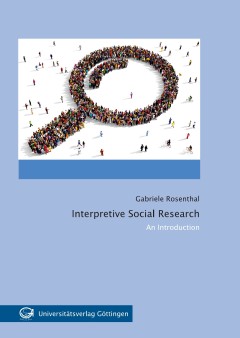
Interpretive social research : an introduction
This volume is a clear introduction to methods of data collection and analysis in the social sciences, with a special focus on interpretive methods based on a logic of discovering hypotheses and grounded theories. The chief methods presented are participant observation, open interviews and biographical case reconstruction. The special advantages of interpretive methods, as against other qualita…
- Edition
- -
- ISBN/ISSN
- 9783863953744
- Collation
- 246p. : ill.
- Series Title
- -
- Call Number
- 301 ROS i
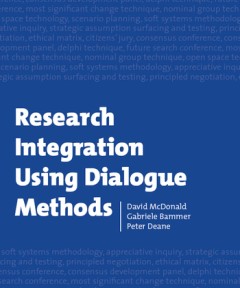
Research integration using dialogue methods
Research on real-world problems—like restoration of wetlands, the needs of the elderly, effective disaster response and the future of the airline industry—requires expert knowledge from a range of disciplines, as well as from stakeholders affected by the problem and those in a position to do something about it. This book charts new territory in taking a systematic approach to research integ…
- Edition
- -
- ISBN/ISSN
- 9781921536755
- Collation
- ix, 165p. : ill.
- Series Title
- -
- Call Number
- 001.4 MCD r
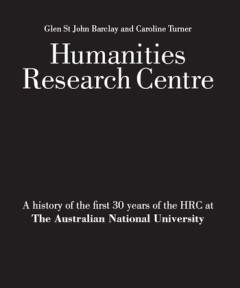
Humanities Research Centre : a history of the first 30 years of the HRC at th…
Humanities; Research; History
- Edition
- -
- ISBN/ISSN
- 9789751229830
- Collation
- xiii, 400p. : ill.
- Series Title
- -
- Call Number
- 001.307119471 BAR h
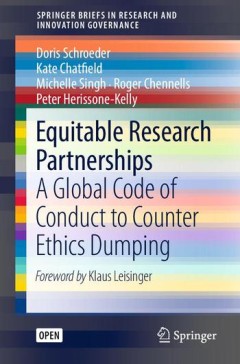
Equitable research partnerships : a global code of conduct to counter ethics …
This open access book offers insights into the development of the ground-breaking Global Code of Conduct for Research in Resource-Poor Settings (GCC) and the San Code of Research Ethics. Using a new, intuitive moral framework predicated on fairness, respect, care and honesty, both codes target ethics dumping – the export of unethical research practices from a high-income setting to a lower- o…
- Edition
- -
- ISBN/ISSN
- 9783030157456
- Collation
- xix, 122p : ill,
- Series Title
- -
- Call Number
- 174.9 SCH e
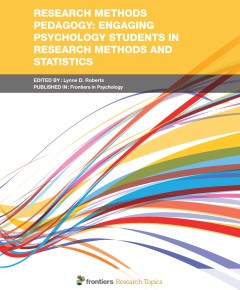
Research methods pedagogy : engaging psychology students in research methods …
Research methods and statistics are central to the development of professional competence and evidence based psychological practice. Furthermore, the ability to interpret and apply research findings contributes to the development of psychological literacy, the primary outcome of an undergraduate education in psychology. Despite this, many psychology students express little interest in, and in s…
- Edition
- -
- ISBN/ISSN
- 9782889450107
- Collation
- 102p. : ill.
- Series Title
- -
- Call Number
- 150.72 RES r
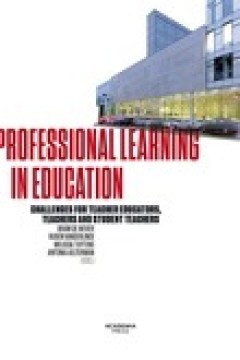
Professional learning in education
Educational quality is at the center of debates worldwide. In all these debates, teachers are considered as the critical actors determining to a large extent the quality of our educational systems. At the same time, doubts are expressed related to teachers’ quality as well as to the education or training of teachers. In this context, policy debates underline the need for ‘excellent’ teach…
- Edition
- -
- ISBN/ISSN
- 9789038225968
- Collation
- 229p. : ill.
- Series Title
- -
- Call Number
- 371.172 DE p
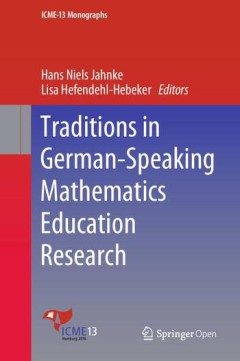
Traditions in German-speaking mathematics education research
This open access book shares revealing insights into the development of mathematics education research in Germany from 1976 (ICME 3 in Karlsruhe) to 2016 (ICME 13 in Hamburg). How did mathematics education research evolve in the course of these four decades? Which ideas and people were most influential, and how did German research interact with the international community? These questions are a…
- Edition
- -
- ISBN/ISSN
- 9783030110697
- Collation
- viii, 278p. : ill.
- Series Title
- -
- Call Number
- 370 JAH t
 Computer Science, Information & General Works
Computer Science, Information & General Works  Philosophy & Psychology
Philosophy & Psychology  Religion
Religion  Social Sciences
Social Sciences  Language
Language  Pure Science
Pure Science  Applied Sciences
Applied Sciences  Art & Recreation
Art & Recreation  Literature
Literature  History & Geography
History & Geography